Today, Microsoft announced its Windows Azure cloud computing offering, further validating the market for cloud-based platforms. Given the multitude of major players in this market, including Amazon and Google, and the speed of innovation, we should see some major advances in cloud technologies which will greatly benefit customers. But who will be big winners (and losers) in this market?
First, it’s useful to define what cloud computing is. There are some excellent definitions of this (for example, see Wikipedia’s definition) which include the key characteristics of cloud computing and the various components in the cloud computing stack. An important takeaway from this is that there will be multiple winners that deliver different parts of the stack and that segmentation will occur based on customer needs. Obviously, different companies will make bets on different segmentation theories and how they can competitively differentiate themselves. Let’s look at one segmentation of the cloud computing market to discuss winners and losers:
- Traditional Hosting: The traditional hosting market includes Web hosters, co-location, and managed providers. There will still be a segment of the market that still demands these services, but many customers will start to migrate to cloud offerings that offer lower cost of ownership and more flexibility. The winners in this market will diversify their portfolio of offerings and move up the cloud stack (for instance, SAVVIS and Rackspace) and the losers will likely fail to evolve fast enough to meet competition from the new cloud providers.
- Infrastructure-as-a-Service: These providers deliver raw computer infrastructure on demand to companies. Amazon has defined this market with its EC2 offering and we’re now seeing significant innovation in how underlying infrastructure is offered. The key to winning in this market will be scale and operational efficiency, in addition to customer service for those customers willing to pay for it. The likely losers will be smaller cloud providers that can’t match the economies of scale of the major players or specialize to serve specific high-value market niches.
- Platform-as-a-Service: The Platform-as-a-Service vendors provide new proprietary cloud platforms for developers and offer a range of services including run-time platforms, Web service integration, storage, scalability, state management and instrumentation. These new offerings will require applications to be rewritten for the cloud and create a risk of vendor lock-in for companies that use them. Google, Microsoft and Salesforce.com are currently the major players in this space and will likely all be successful given their focus on open source, .NET and business application platforms respectively. The losers are likely to be the smaller vendors that can’t deliver the breadth of platform features and economies of scale required to be competitive.
- ‘Open’ Cloud Solutions: A new breed of companies is emerging which solve specific business problems with cloud computing solutions, whether that is providing virtual IT labs, virtual desktops, or cloud management services. These providers provide a much more complete solution than raw infrastructure, including management, automation and orchestration capabilities, integration with existing business processes and systems, and an application layer to allow a broad range of users to interact with virtual machines. Supporting existing multi-tier applications and heterogeneous virtualization platforms will be an important factor to win in this market. The winners will provide first class integration to existing on-site environments and provide a robust management and automation layer and the losers will fail to innovate on technology that fundamentally improves the efficiencies across the IT lifecycle.
There are obviously lots of other solutions that will emerge to solve challenges around the cloud computing paradigm, including security and auditing, cloud management and standardized billing. However, it’s clear to us that given the enormous benefits that cloud computing offers, the pace of innovation and market traction will lead to new solutions that were unimaginable just a few years ago. With the current financial crisis and the cost savings achievable with ‘cloud economics’, companies that rapidly innovate and keep a clear focus on customer value will be the big winners in this new market.

